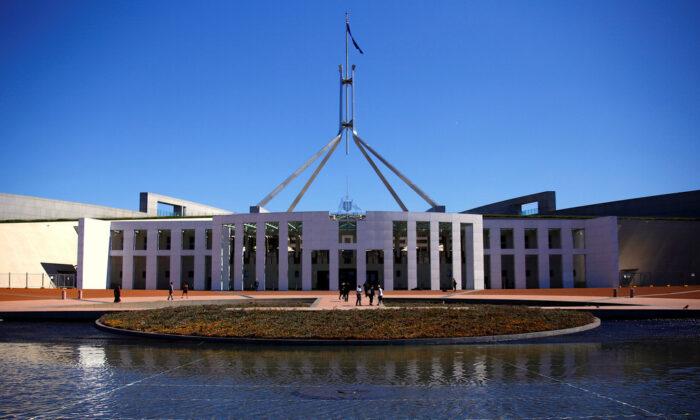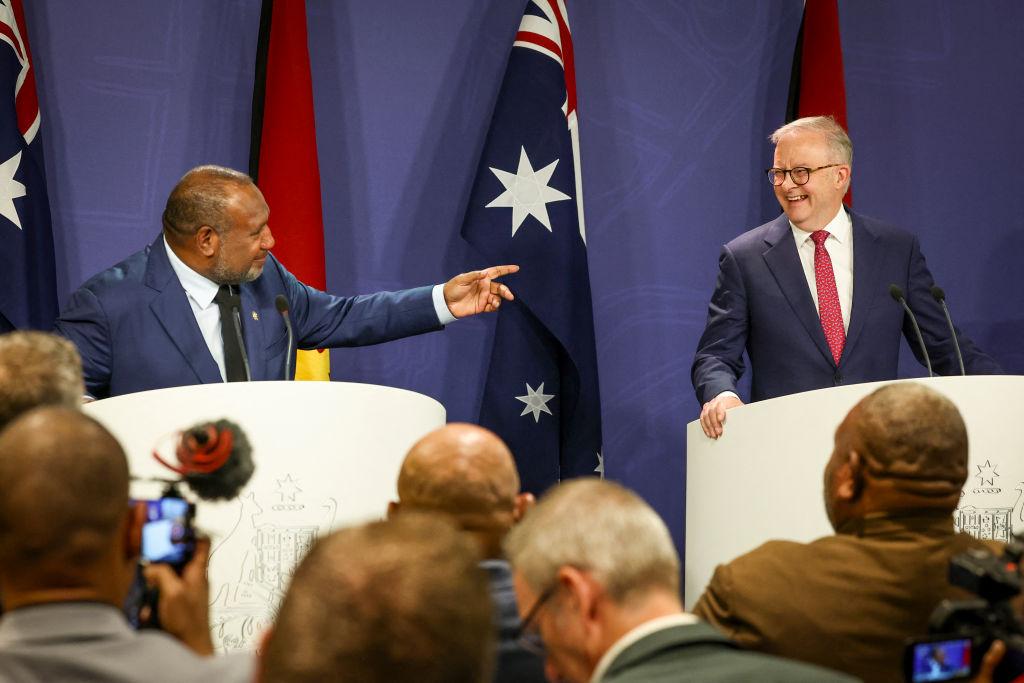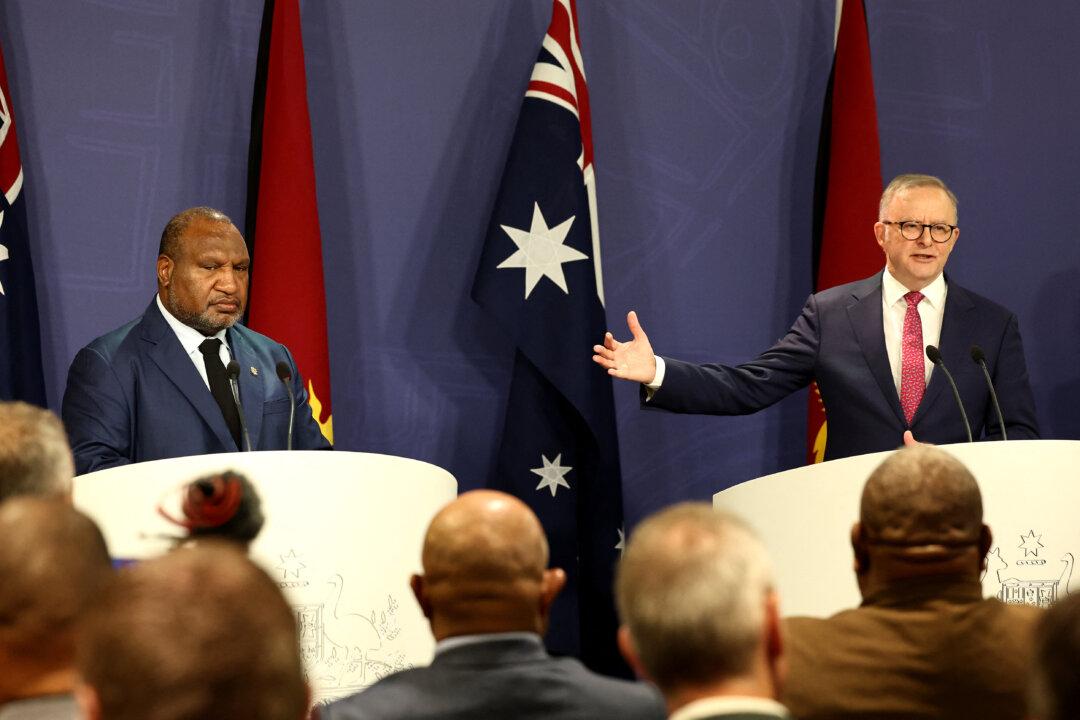In a one-two punch, Australian members of Parliament from both sides of the aisle have thrown their support behind Magnitsky-style laws that will give the federal government the power to impose sanctions on overseas human rights offenders.
On Aug. 3, Labor Senator Kimberley Kitching introduced the International Human Rights and Corruption (Magnitsky Sanctions) Bill 2021, which was moved by fellow Labor Senator Anne Urquhart.
Two days later, Foreign Minister Marise Payne, a Liberal senator, released a statement indicating the government would back the introduction of such laws.
Kitching told Parliament, “Without this legislation, not only are we an outlier amongst similar democracies, but we may also become a honeypot for channelling ill-gotten gains as more and more countries implement their own sanctioning legislation.”
“In a world of growing authoritarianism, this becomes a weapon for democratic pushback,” she added. “A strong and clear message will be sent to lower ranking officials and criminal thugs that their crimes—whether on behalf of, or protected by their superiors, will not be immune from international consequences.”
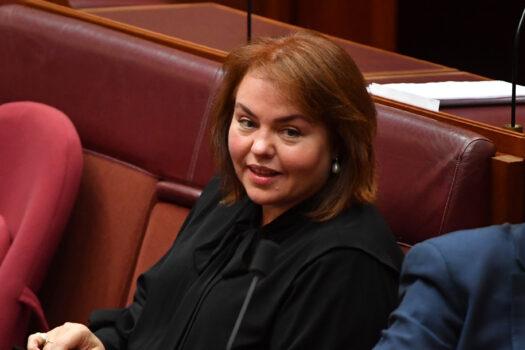
“This says to them: ‘Your stolen money is no good here. No matter how you steal from your people, there will be no shopping trips to Paris, no harbour-front mansions in Sydney, no skiing in Aspen, no nest-egg in a Western bank. And like King Midas, they'll have lots of gold but no way to enjoy it,’” the senator continued.
“It says to them: ‘You can’t travel here. Go find a resort in the country you’ve ruined and polluted and corrupted and tyrannised. There’s no escape on offer here,’” she added.
“It says to them: ‘You are so beneath contempt, you are so loathsome that we have judged you and we will say so in public and encourage other free countries to do the same so that door after door is shut in your face.’”
Kitching is a member of the Inter-Parliamentary Alliance on China (IPAC), a coalition of legislators focused on coordinating the approach of democratic countries towards the Chinese Communist Party. It is comprised of over 100 politicians from 20 nations.
Meanwhile, Payne said, “The Australian government will reform and modernise Australia’s autonomous sanctions laws to enable the imposition of targeted financial sanctions and travel bans against the perpetrators of egregious acts of international concern.”
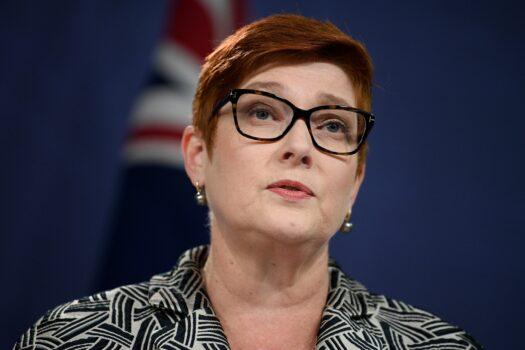
“The reforms will expand upon Australia’s current country-based autonomous sanctions framework to specify themes of conduct to which sanctions could be applied, such as the proliferation of weapons of mass destruction, gross human rights violations, malicious cyber activity and serious corruption,” she added.
“Once the types of conduct are established, Australia will have the ability to impose targeted financial sanctions and travel bans against individuals and entities determined to be involved in such sanctionable conduct wherever it occurs, without having to establish specific country-based regimes.”
Magnitsky-style laws received bipartisan support from a parliamentary committee in December 2020 after an extensive inquiry that received 160 submissions.
Notable human rights advocates including Amal Clooney, barrister Geoffrey Robertson QC, and former Russian chess champion, now-human rights campaigner Garry Kasparov, threw their support behind the laws.
Eight months on, the committee’s report had yet to be actioned by the federal government, until this week.
The laws target individuals found to be involved in human rights abuses. Sanctions can involve freezing the assets of officials, as well as banning family members from travelling into specific countries.
Currently, the United States, the United Kingdom, the European Union, and Canada have implemented similar laws.
